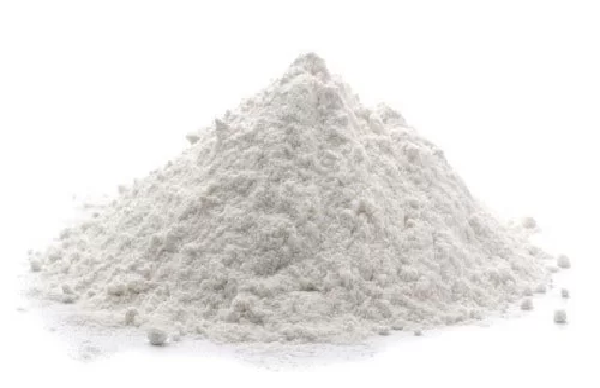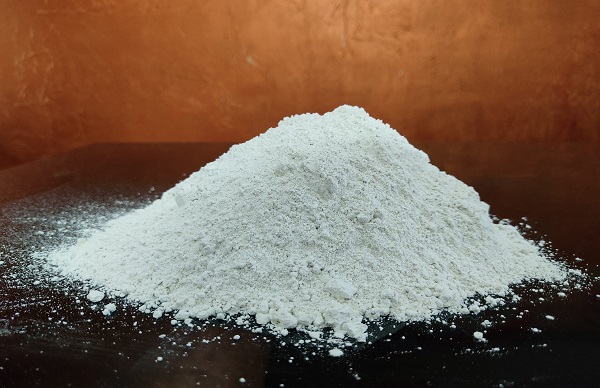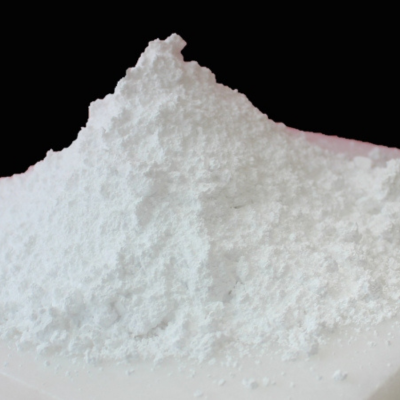
How is Precipitated Calcium Carbonate Used in Dentistry?
October 16, 2024
Why Precipitated Calcium Carbonate Is Used In Paper Industry
October 16, 2024Precipitated calcium carbonate (PCC) is a versatile and valuable additive in the rubber and plastic industries. It is produced through the chemical reaction of calcium hydroxide (lime) with carbon dioxide. This process yields a fine, white powder that offers a range of benefits, making it an essential component in various formulations. In this article, we will explore the uses of PCC in rubber and plastic applications, highlighting its advantages and significance.
The Role of Precipitated Calcium Carbonate in Rubber
- Reinforcement: One of the primary uses of PCC in rubber is as a reinforcing agent. It enhances the mechanical properties of rubber compounds, including tensile strength, tear resistance, and resilience. By improving these characteristics, PCC helps produce more durable and reliable rubber products, such as tires, seals, and gaskets.
- Cost-Effectiveness: PCC is often used as a filler to reduce production costs. By replacing a portion of the more expensive elastomers, manufacturers can create cost-effective rubber compounds without significantly sacrificing performance. This aspect is particularly important in large-scale production, where material costs can have a significant impact on overall expenses.
- Processing Aid: The fine particle size of PCC improves the flow and processing characteristics of rubber compounds. It allows for better dispersion of other ingredients during mixing, resulting in a more homogeneous mixture. This property is crucial for ensuring consistent product quality and performance across batches.
- Surface Finish: PCC contributes to the surface finish of rubber products. It imparts a smooth and aesthetically pleasing appearance, which is especially important in consumer products. The ability to achieve a high-quality surface finish can enhance the marketability of rubber items.
- Moisture Absorption: The ability of PCC to absorb moisture can be beneficial in rubber applications. It helps reduce the overall moisture content in rubber compounds, which can improve their performance in humid environments. This characteristic is particularly valuable for outdoor applications, where exposure to moisture can compromise the integrity of rubber products.
The Role of Precipitated Calcium Carbonate in Plastics
- Filler and Extender: In the plastics industry, PCC serves as a filler and extender. By incorporating PCC into plastic formulations, manufacturers can achieve a balance between cost and performance. The addition of PCC allows for the reduction of more expensive resins while maintaining the desired physical properties of the final product.
- Impact Strength: PCC enhances the impact strength of various plastic materials, such as polypropylene and polyethylene. This property is essential for applications requiring durability and resistance to mechanical stress, such as automotive parts, packaging, and consumer goods.
- Improved Processability: Like in rubber, the inclusion of PCC in plastic formulations improves processability. It promotes better flow and reduces viscosity during processing, facilitating easier manufacturing. This improvement can lead to higher production rates and lower energy consumption during processing.
- Color and Opacity: PCC is naturally white and can enhance the opacity of plastic materials. This characteristic is particularly beneficial for applications requiring a high degree of whiteness or color brightness, such as in packaging films and consumer products. The use of PCC can also contribute to a more uniform appearance in finished products.
- Environmental Benefits: Using PCC in plastics can also have environmental advantages. As a naturally occurring mineral, PCC is non-toxic and can contribute to the development of more sustainable plastic products. By incorporating mineral fillers like PCC, manufacturers can reduce their reliance on synthetic additives and improve the overall environmental profile of their products.
Conclusion
Precipitated calcium carbonate powder is a vital ingredient in both the rubber and plastic industries. Its ability to enhance mechanical properties, improve processability, and reduce costs makes it an invaluable additive for manufacturers. From reinforcing rubber products to enhancing the performance of plastics, PCC plays a crucial role in the production of high-quality materials. As industries continue to seek cost-effective and environmentally friendly solutions, the demand for PCC is likely to grow, solidifying its position as a key player in rubber and plastic applications.
In conclusion, the diverse applications and benefits of precipitated calcium carbonate powder underscore its significance in the rubber and plastic industries. By leveraging its unique properties, manufacturers can produce better products that meet the demands of consumers while optimizing production processes. Companies like Sudarshan Group play a crucial role in supplying high-quality PCC, ensuring that manufacturers can access this valuable additive for their rubber and plastic formulations.



